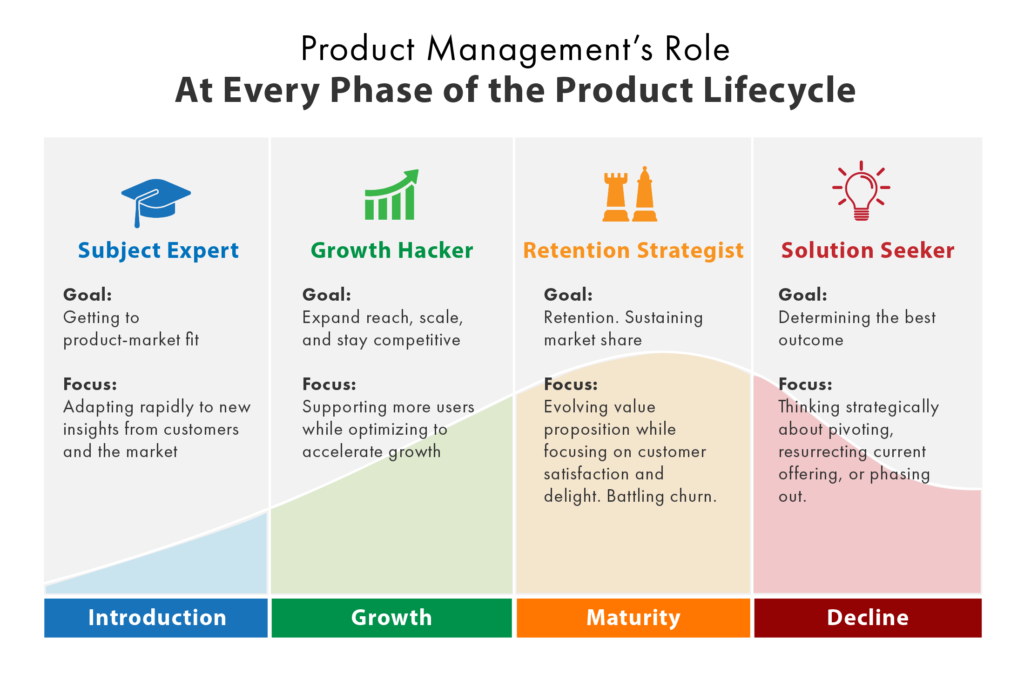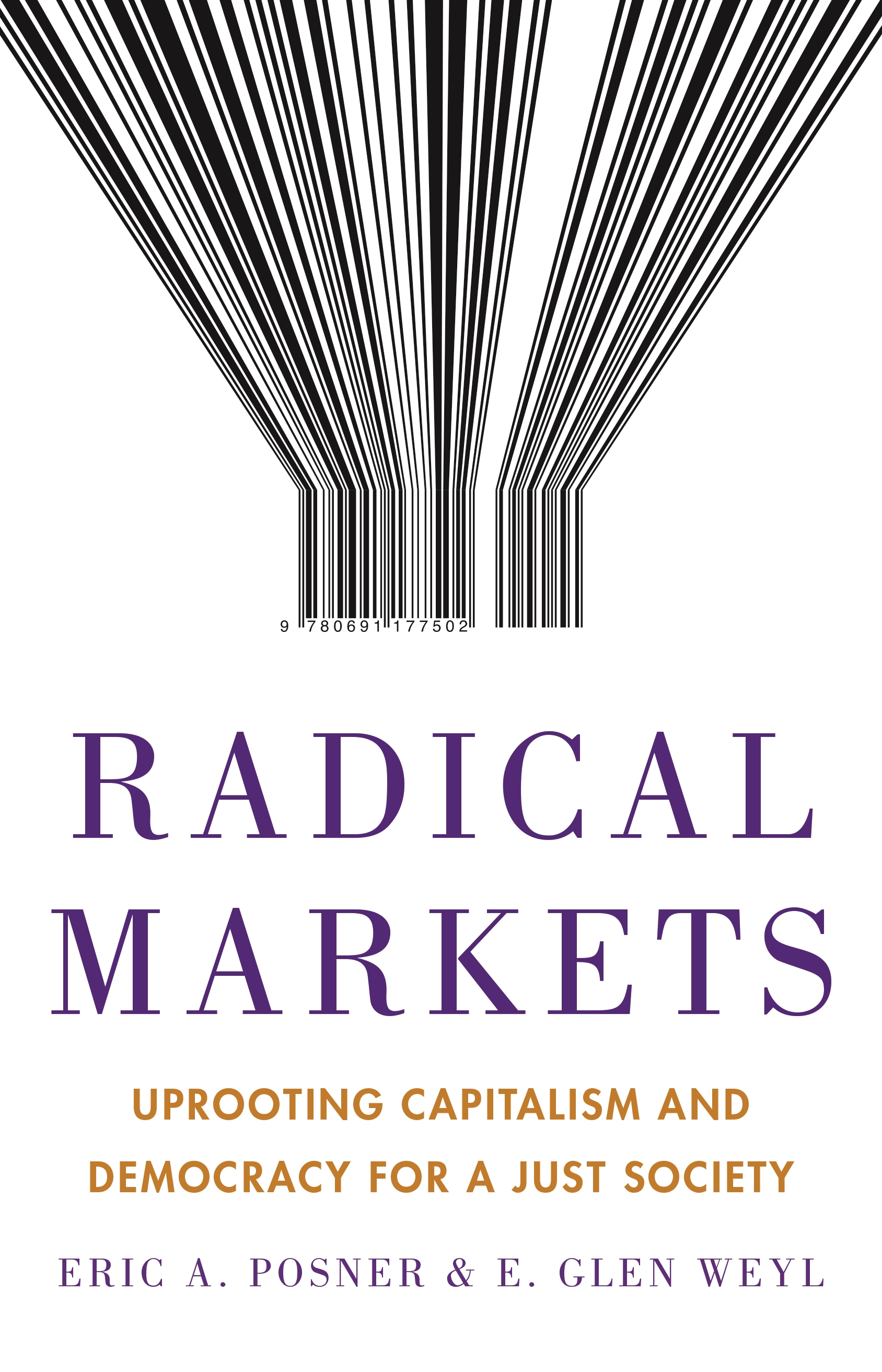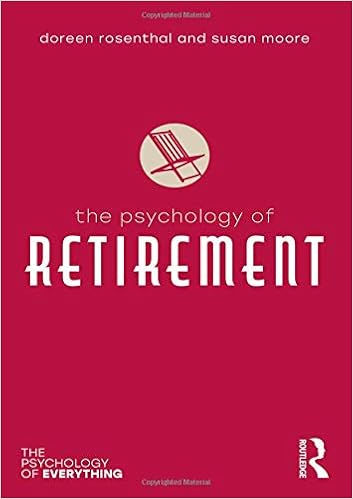Right now, I'm blogging from Festive Hotel in Sentosa.
We decided that we needed a short break so my wife got us a 3D2N stay in Sentosa so that my mum can head to the Casino, my kids can get to Universal Studios, and I can get more work done in my hotel room. For the past few weeks, I am resolving my father's matters and have been shuttling to and fro my family lawyer's offices. When it comes to such matters, it's ok to be slow and steady but the most important thing is to be accurate so that the paperwork will be quick and painless.
a) Financial markets
Singapore miraculously avoided a technical recession in Q3 2019 !
Every workshop preview, I would conduct a poll on what my audience thinks about Q32019 but the polls consistently vote a that technical recession will occur albeit with V shaped recovery thereafter. The only time I noticed an upturn was the last preview when the folks voting for a L shaped recovery suddenly disappeared. But this narrow escape has been hinted by government officials for some time so we're not seeing a vigorous response in SGX at the time of writing.
I believe that the longer direction for the economy is still down, as I was informed by a friend that MAS will be reducing the rate of the appreciation of the Singapore dollar. A sure sign of pessimism in the markets.
b) Personal investments
Because I have been investing course proceeds regardless of market timing, my portfolio is experiencing a decent upsurge of late. This might even be sustained as Trump makes peace with China and focuses on impeachment proceedings.
I recently revised the process on how to open a brokerage and CDP account, as me and my mum just completed creating a joint account and made two buys just to test the GIRO and dividend payout capabilities.
( If you are curious I bought Netlink Trust and Keppel DC Reit. No back-testing required for this decision )
For my mum, everything has to be uncontroversial and a wee bit boring.
My next project is to start CFD investing in OTC bonds, which will be a very interesting endeavour that will keep readers excited for the next few months.
c) Books I am reading

NUS academics have published a really good read called "Hard at work - Life in Singapore". This is a politically neutral (generally speaking) piece that gets 60 ordinary Singaporeans to just talk about their lives. I strongly recommend that investors spend time learning about our fellow Singaporeans - I've been stuck living in an EC for years, living on my dividends and I think it is humbling to read about other fellow citizens like the barista who makes $6 an hour and funeral director who shares some interesting observations on his industry.
I don't totally support what the authors have done, turning the MOE Scholar and Police Officer section into an LBGT advocacy piece, but for right-winged capitalists, this book is important to recognize that our society needs multiple perspectives in order not to fall into the trap that the Hong Kongers have fallen into.
If I have to redistribute my wealth to maintain social harmony in Singapore, I want the tissue paper seller, supermarket worker, and barista to get a decent part of it.
d) No, I did not get punished by Blizzard for my support of Hong Kong
By some twist of fate, I was informed that a professional e-sports gamer called Blitzchung is also called Ng Wai Chung. This made me a subject of teasing by many of my friends even though I actually see myself as being more sympathetic to China. (A side-effect of being more pro-Singapore than pro-Hong Kong)
I don't understand what HK Youths are trying to achieve when they do things that affect daily commerce of their city state. It is their parents who suffer when there is no money to be made.
They can learn to be more like us and vote with our feet. Hopefully this will bring a nice boost to property prices here.
e) Final lifestyle hack I picked up in Sentosa
On hindsight, it was really dumb of us to pay $1600 for a two night staycation.
I saw an old secondary school classmate and he told me that he could get a $200 per night stay from Carousell because hardcore gamblers are selling their free hotel stays online. Just now, I went to Carousell and there might even be opportunities to buy staycations at Marina Bay Sands.
Maybe one day, I'll be blogging next to the Infinity Pool.
Let me know if you have utilized this life hack.




